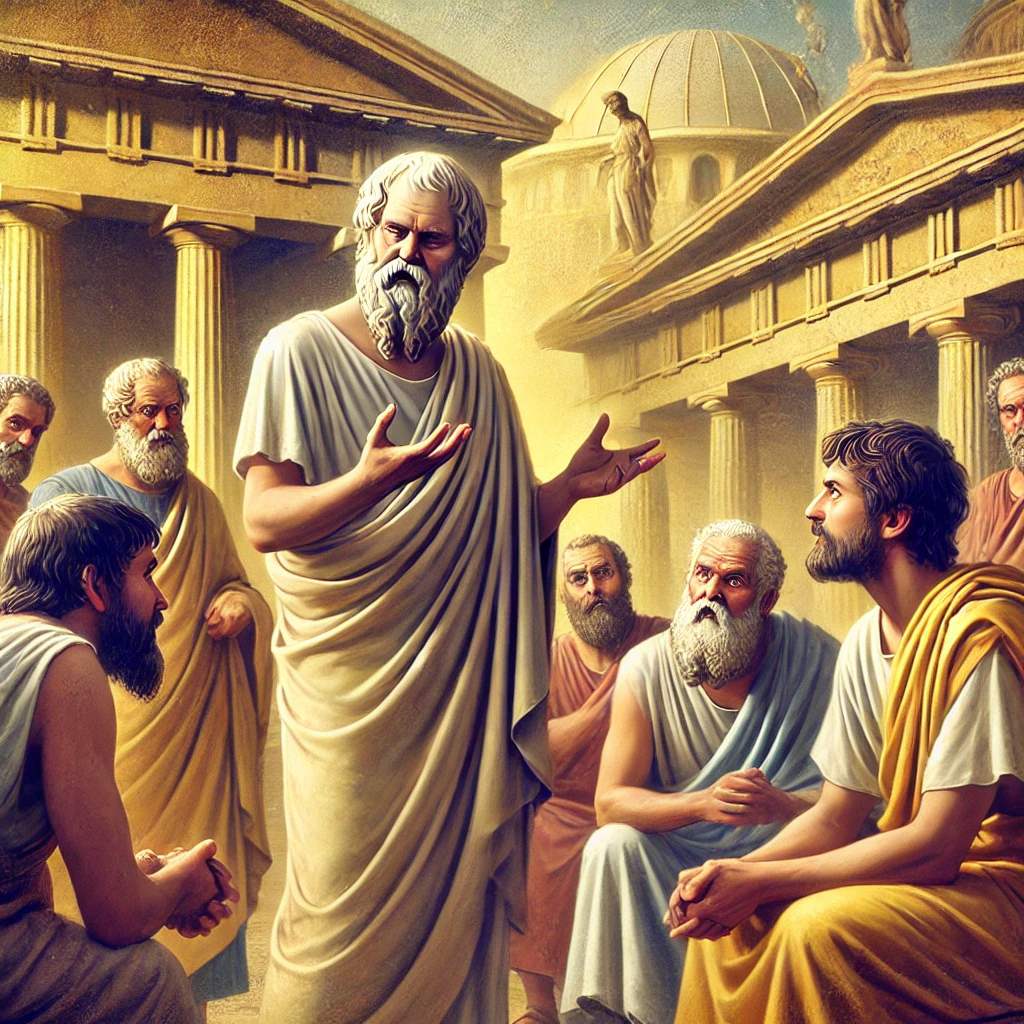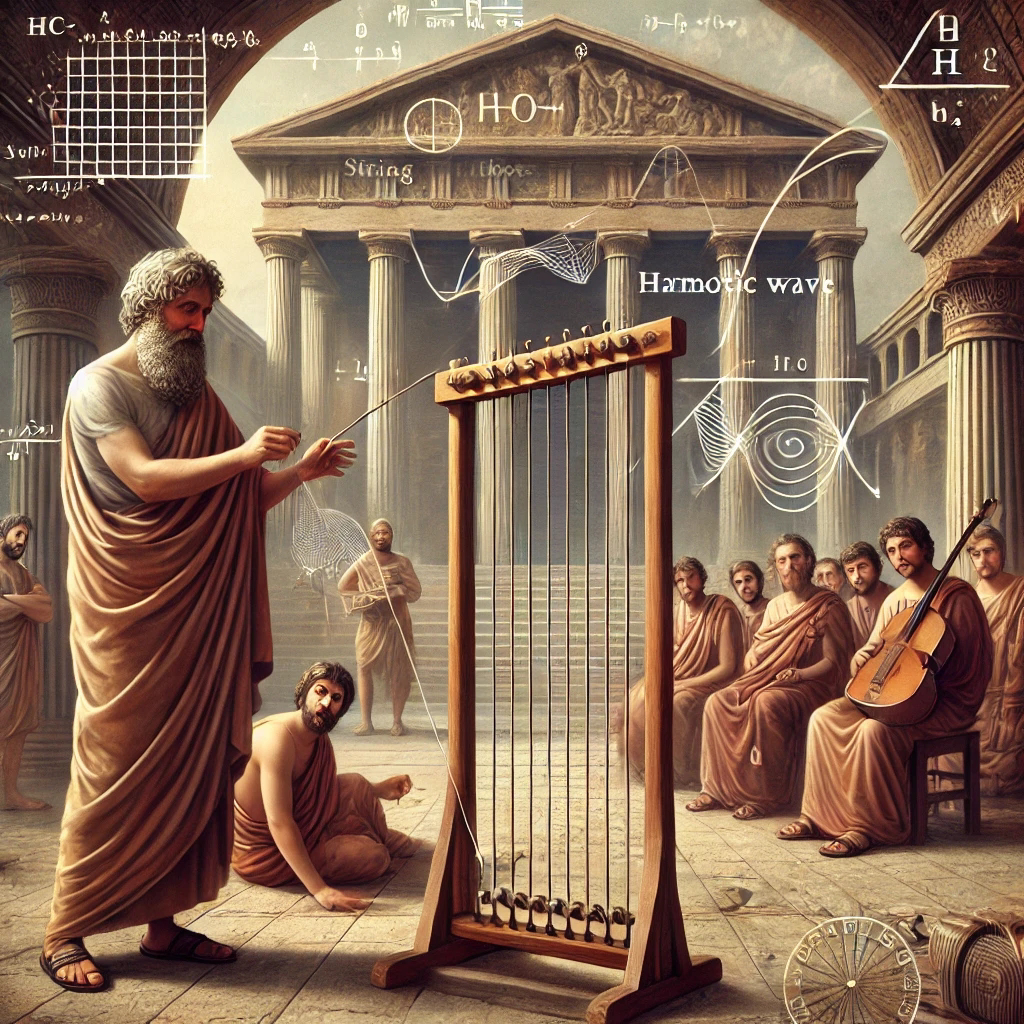-

The History of Judaism: A Journey Through Time
Judaism is one of the oldest religions in the world, deeply rooted in history, culture, and spirituality. It has shaped civilizations, influenced major world religions, and carried a distinct identity through thousands of years. From ancient biblical narratives to modern-day Jewish communities, the story of Judaism is a testament to resilience and faith. Let’s dive…
-

The Timeless Traveler
Elias had always been obsessed with time. As a child, he would stare at the old grandfather clock in his family’s study, watching the pendulum swing back and forth, hypnotized by its steady rhythm. It felt like an invisible force guiding everything—school bells ringing, seasons changing, birthdays arriving. But something about time never made sense…
-

Time is an Illusion: Why It Doesn’t Exist on Its Own
We take time for granted. It’s there on our clocks, in our calendars, ticking forward with a relentless certainty. But what if time isn’t a thing on its own? What if it’s just the way we measure movement through space?
-

Who Was Socrates? The Man Who Changed the Way We Think
Socrates was a philosopher who lived in ancient Athens during the 5th century BCE. He didn’t write down any of his teachings, yet his ideas shaped Western philosophy. His influence comes through his students, mainly Plato, who recorded his dialogues. Despite his impact, Socrates remains an enigma—both revered and misunderstood.
-

Pythagorean Thought in Music Theory: The Mathematics of Harmony
Pythagoras is a name that most people associate with triangles. But if you step outside the high school geometry classroom and into the world of music, you’ll find his influence is just as profound. His ideas on harmony, proportion, and the fundamental nature of sound continue to shape music theory today.
-

The History of Fractal Geometry: A Journey Through Infinite Complexity
Fractal geometry isn’t just a niche mathematical curiosity—it’s a revolution in how we understand patterns, chaos, and even the very fabric of reality. From the intricate spirals of galaxies to the branching of trees and veins in our bodies, fractals are everywhere. They reveal hidden orders in what once seemed like pure randomness.
-

The Mathematical Ratios of String Lengths in Music: Pythagoras’ Harmonic Legacy
Pythagoras. You probably know him for that pesky triangle theorem from high school. But what if I told you that his real legacy isn’t geometry? It’s music. Yeah, the same guy who gave us the Pythagorean Theorem also unlocked the mathematical foundations of harmony. He didn’t just think about numbers abstractly—he listened to them. And…



